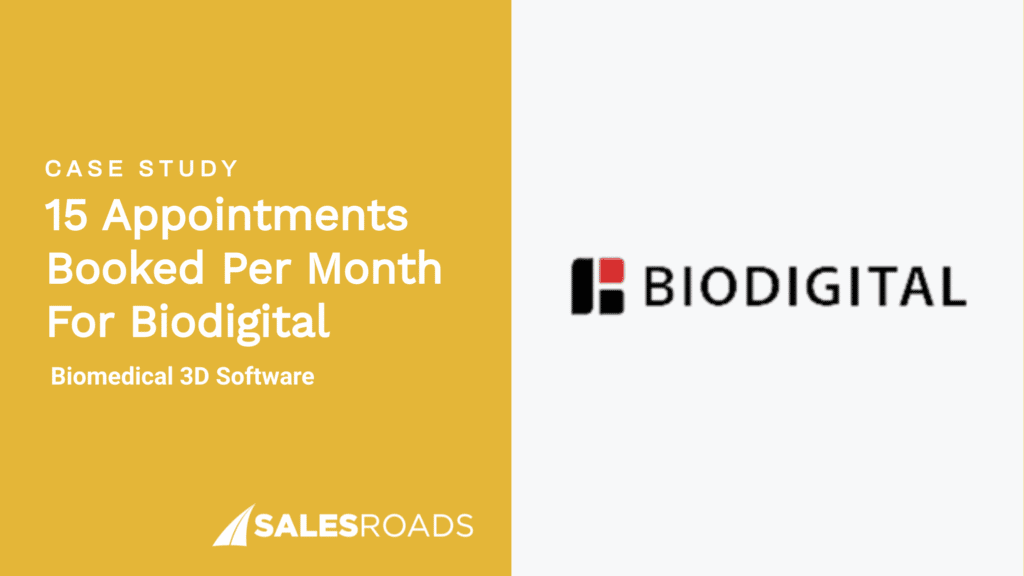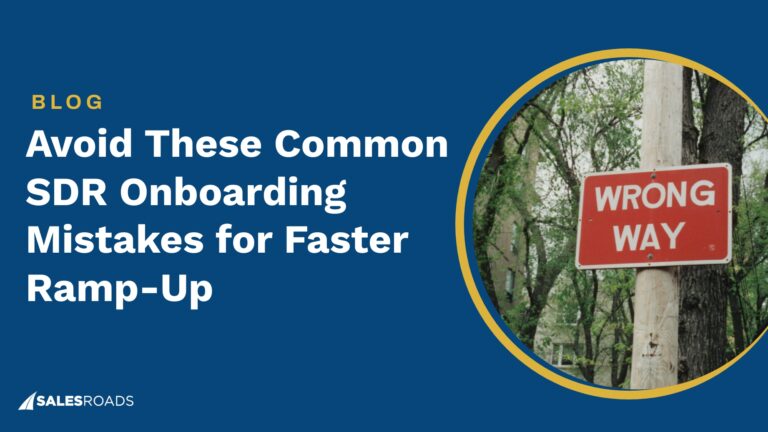So, what does ICP stand for in business? ICP stands for an ideal customer profile. It’s a powerful tool that helps your sales team identify qualified leads within your target market. This translates to higher conversion rates, faster sales cycles, and happier customers.
However, there’s a mix-up between ICP and buyer persona. To set the record straight: while ICP focuses on the company itself, a buyer persona delves deeper into the specific individuals involved in the purchase decision. Buyer personas represent the different roles (e.g., business owner, IT manager) within your ideal customer company who play a part in the buying process.
What Is ICP in Sales?
Many companies struggle to identify their ideal customers, leading to confusion about what is ICP in business and how to target customers effectively.
According to Hubspot, companies with a strong ICP sales process boast a 68% higher win rate than their competitors.

It’s understandable because, with a well-defined ideal customer, you can sharpen your sales focus, craft compelling messaging, and allocate resources efficiently:
Sharpen Your Sales Focus
If your sales reps are chasing after every lead that comes their way, they waste time and resources.
An ICP in sales helps you prioritize qualified leads. By defining your perfect customer, you equip your sales team to identify prospects with the common characteristics that make them a perfect fit for your product.
This allows them to focus their efforts on the target market that is most likely to convert, leading to faster sales cycles and improved sales performance.
Craft Compelling Messaging
Understanding your ideal customer goes beyond demographics like company size. An ICP delves deeper into their buying process, uncovering their specific needs, challenges, pain points, and goals.
McKinsey survey revealed that winning B2B companies go beyond account-based efforts and excessively use personalization in their outreach.
With the valuable insight your ICP provides, your reps can craft targeted messages that resonate with your ICP sales buyers. They can speak directly to their struggles and offer solutions that address their specific situation.
This targeted and personalized approach builds trust and increases conversion rates throughout the sales pipeline.
Efficient Resource Allocation
Sales resources are precious. A well-defined ICP helps you allocate your time, budget, and team strategically.
Knowing your ICP in business allows you to tailor your sales campaigns and strategies to directly reach your ideal customer profile. This avoids wasting resources on efforts that might not resonate with the right audience.
Exploring the Main Components of Your Ideal Customer Profile
Your ICP is a blueprint for success. By identifying the key characteristics of your ideal client, you equip your sales team with the knowledge they need to close deals faster and build lasting customer relationships.
Here are some key components to consider when building your ICP:
Industry and Market
Not all B2B companies are created equal. Identifying the specific verticals where your product or service offers the most value allows your sales reps to target their efforts effectively.
Understanding current market trends within your industry helps you tailor your approach and address evolving customer needs.
Company Size
Company size is a factor, but it shouldn’t be the only one. Consider segmenting your ICP based on revenue metrics. Targeting SMBs (Small and Medium-Sized Businesses) may require a different sales strategy compared to pursuing large enterprise clients.
Pinpointing growth potential is also important. High-growth companies might present a bigger opportunity for long-term customer lifetime value.
Organizational Structure
Understand the internal dynamics of your ideal customer. Who are the key decision-makers? What approval processes are involved in their purchase decisions?
Mapping out the typical organizational structure of your target companies, including relevant departments and hierarchies, allows your reps to identify the right champions within each organization.
Business Challenges and Pain Points
What keeps your ideal customer up at night? Developing a deep understanding of their specific business challenges and pain points is vital. By pinpointing these common struggles, you can tailor your sales approach to directly address their needs.
This fosters trust and positions you as a trusted advisor, not just another salesperson.
Crafting Your Ideal Customer Profile Ideal Customer Profile: A Step-by-Step Guide
Building a rock-solid ICP translates to faster sales cycles, higher conversion rates, and a happier, more productive sales force. Here’s a step-by-step guide to crafting your ICP:
Step #1: Gather Internal Intelligence
Look no further than your own backyard for valuable insights. Kick things off by leveraging the expertise of your sales team. Hold brainstorming sessions to identify the common characteristics of your most successful customers. Analyze your current customer base to understand demographics like company size and industry.
This internal data provides a strong foundation for building your ICP.
Step #2: Conduct Market Research
Don’t operate in a silo. Dive deeper into your target market by delving into industry reports and data. Look for trends and insights that shed light on the challenges faced by your ideal customers.
Customer interviews and surveys are another goldmine of information. Reach out to potential customers to gain a firsthand understanding of their buying process, pain points, and goals.
Step #3: Develop Your ICP Framework
Now it’s time to synthesize your findings. Combine your internal data with market research to develop a clear picture of your ideal buyer persona.
Define the key attributes that make up your perfect customer. These could include factors like industry, company size, budget, and decision-making hierarchy. Once you have a draft of your ICP persona, focus on the characteristics that will have the biggest impact on your ICP sales success.
Step #4: Refine and Validate Your ICP
Your ICP is a living document, not set in stone. The key is to continually test and refine it based on real-world data.
Run your ICP against your sales pipeline and customer data. Are you attracting the type of customers you identified? Gather feedback from your teams. Are your messages resonating with your target audience?
Track your ICP sales metrics such as conversion rates and win rates. Look for any discrepancies between the profile you outlined and the customers you’re attracting.
By continuously refining your ICP, you ensure your sales efforts are laser-focused on attracting and converting high-value customers.
Bottom Line
So now that you know ICP sales meaning, don’t let your sales team chase shadows. By investing time in crafting a powerful ICP, you equip them with the knowledge to target qualified leads within your target market. This translates to a winning formula for your business.
Remember, your ICP is a living document. Continuously refine it based on market trends, customer feedback, and sales data.











